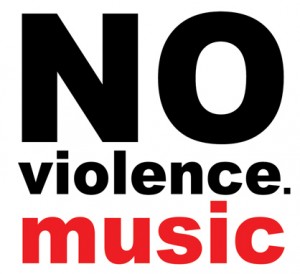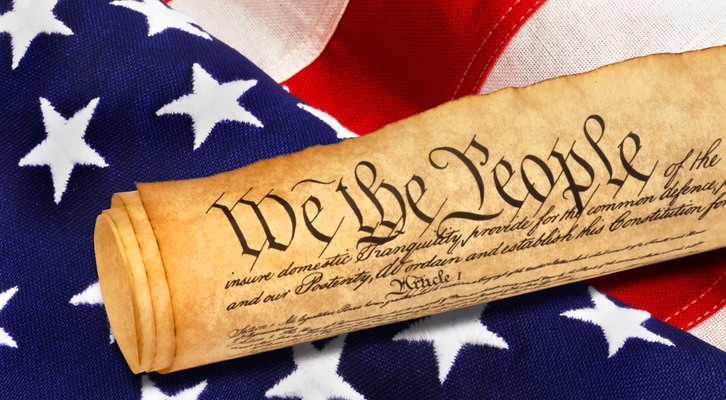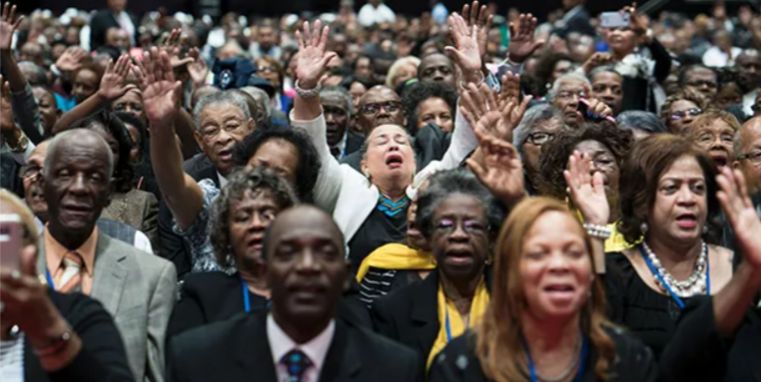(ThyBlackMan.com) Scholar John McWhorter wrote a piece for “The New Republic” about the recent Sikh Temple massacre and the man who caused it, Michael Wade Page. Wade Page was one of the few white supremacists who turned his anger toward people of color into real violence, killing six and wounding four others.
Some have pointed to White Supremacist music as part of what motivated Wade Page to go out and kill innocent people that day. McWhorter doesn’t agree and thinks that those who feel that music caused him to kill are grasping for straws. According to McWhorter:
“It has been fashionable in the wake of Wade Michael Page’s tragic acts in Wisconsin to speculate on whether the White Power music he listened to helped stoke him into the senseless murders he committed. Such speculations, however, are as incoherent as they are pointless—and they are marked, above all, by a cloying air of self-congratulation.”
Interestingly enough, McWhorter compares White Supremacist music to hip hop music, which also has a set of nasty and violent messages of its own. One interesting case-in-point is the song “We Be Steady Mobbin,” where Lil Wayne says that he will take your girlfriend, turn her into a hooker, have sex with her and then “murder that b*tch and send her body back to yo ass.”
Oddly enough, there’s a lot more where that came from. 
McWhorter’s argument isn’t entirely off-base. You can’t say that music alone causes anyone to do anything. You could play the most violent music and movies in front of me and I wouldn’t kill anyone, most of us wouldn’t. But McWhorter and others might want to reconsider their arguments in two key areas:
1) Hip hop itself is not the source of violent music. It is actually the commercialized, bastardized form of hip hop we hear on the radio that serves as the source of shameful lyrical content that teaches young black children to worship material possessions, to disrespect women, to stay high on drugs and alcohol all day, to engage in massive amounts of sexual promiscuity and to celebrate killing one another.
The bastardized form of hip hop grew out of the emergence of gangsta rap on the west coast, with groups like NWA. Much of their music was a reflection of the Post Traumatic Stress disorder and other ailments suffered by young children forced to grow up in a war zone created by the allowance of massive amounts of drugs and guns into black communities. They were rapping about what they saw, but they also spread a toxic message that helped promote gang culture throughout the entire United States. As Terri Williams says in her book, “Black Pain,” “Hurt people hurt people,” meaning that those who’ve been traumatized can spread this trauma to others.
2) While violent music doesn’t make anyone violent, it can certainly accelerate and enhance emotions that already lie in the soul. If a child has grown up with very little mentorship or parental guidance (as too many children already do), this music might impact the moral code of the young man who could choose to rob, steal or kill if it will help him find a way to eat or get whatever he wants. Violent music has as much impact on the outlook of a teenager as a sad love song has on a woman who just lost her boyfriend.
Anyone who spends time around black teenagers will notice that their style of dress, language and all-around demeanor tends to evolve with whatever their favorite hip hop artists are doing.
There is a correlation between the promotion of drug/alcohol consumption and the fact that so many young black men are being busted for marijuana possession. A lot of young black men have dreadlocks in their hair, not because of some kind of complex spiritual awakening, but because they saw that Lil Wayne was rocking dreads in his last video. Not that there is anything wrong with dreadlocks, but the point is that music does influence who we are, especially if we don’t already know who we are. For young, impressionable minds, it can make all the difference.
So, it seems that in his article, McWhorter, who I’ve always thought to be a conservative, is letting white folks off the hook by letting rappers off the hook. This effectively makes him a conservative using a liberal argument to do what conservatives tend to do (defend other conservative white people). While his argument isn’t entirely off-mark, we cannot presume that hip hop music somehow defies the logic of nearly any psychologist, who would agree that messages and mantras being consistently absorbed by our subconscious do have an impact on our thinking.
Music alone can’t drive an innocent person to kill, but it might certainly cause a misguided criminal to go ahead and do what he was thinking about doing in the first place. As my misguided late uncle/older brother used to say me, “I don’t want to hear music about smoking weed because it reminds me of how much I miss it.” Music is not the alpha and omega of cause and effect; rather, it can be the straw that breaks the camel’s back. Violent music does have a very real impact on our society.
















Music cannot by itself drive an innocent person to kill — but on the other hand, what we feed our minds on will manifest in our behavior as surely as what we feed our bodies manifests in our physical health. If a person, particularly a young person, only feeds his mind on materialism, sexism, and violence, he or she will begin to manifest this behavior — and this is the most heinous thing about the bastardization of hip hop, the taking of something that should be culturally nourishing and turning it into something that destroys the minds and morals of those that spend a good deal of time absorbing it.
“As a man thinks in his heart, so is he” — works on our young ladies too. We need to take ourselves and our children well away from all music that does not uplift us and our people — the music industry will bend to our demands or become irrelevant when we get serious about what we let into our minds.